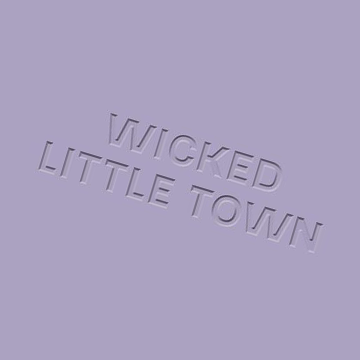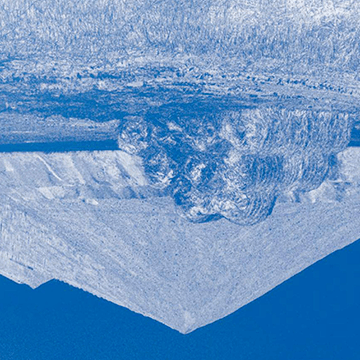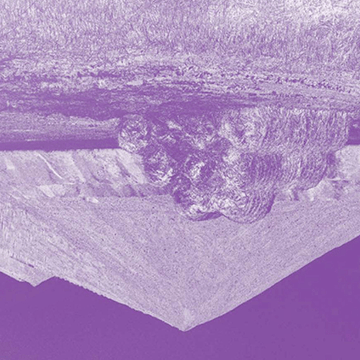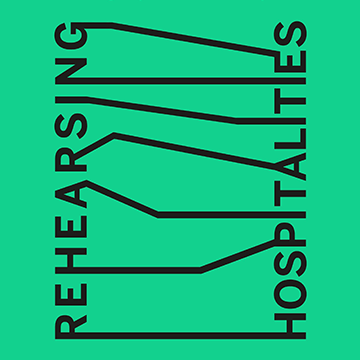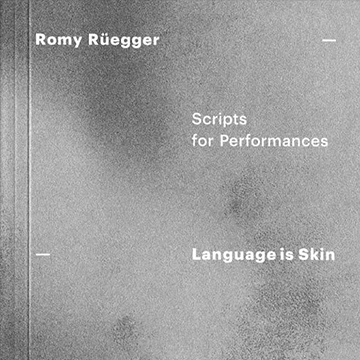Wicked Little Town gathers more than fifty artists and critical thinkers traversing trans-temporal imaginations of resistance, unruliness, and non-compliance across genders, abilities and national borders. Highlighting companionship, alliances, and bonds, this publication tunes to critiques of normativity and dialogues around the interdependency between intersectional oppressions and collective paths of liberation. It assembles non-violent grammars and vocabularies, especially of those artists, scholars, and activists who are often excluded from dominant narratives.
Tag: intersectional
wild recuperations. material from below
Dissident practices and sociabilities of the late GDR unfolded in a present that was largely detached from any utopian future. Their traces are alive in the memory of those involved in the cultural and political underground at the time and in numerous materials and documents held in archives and collections. This book is the result of a transdisciplinary research process that brought artists, researchers, writers, curators, archivists, activists, and multiple interlocutors together at the Archive of the GDR Opposition in Berlin.
wildes wiederholen. material von unten
Die Erfahrungen des gemeinsamen widerständigen Lebens in der von jeder utopischen Zukunft gelösten Gegenwärtigkeit der späten DDR harren noch immer einer differenzierten Bearbeitung. Ihre Spuren sind in der Erinnerung der damals Involvierten und in zahlreichen Dokumenten und Materialien in Archiven und Sammlungen aufgehoben. Dieses Buch ist das Ergebnis eines vielstimmigen und transdisziplinären Arbeitsprozesses von Künstler*innen, Autor*innen, Forscher*innen, Kurator*innen, Archivar*innen, Aktivist*innen und weiteren Gesprächspartner*innen im Archiv der DDR-Opposition.
Rehearsing Hospitalities. Companion 1
Upon what kind of power structures of knowledge and knowing are contemporary art and artistic institutions dependent? Do practitioners in the art field reproduce oppressive Western epistemic paradigms through artistic practices and institutional structures, and if so, is there space for emancipatory ways of knowing? What are the ways that intersectional subjectivities open up new epistemic processes within the artistic field? These are among the questions and considerations that provide a critical lens for the 2019 Rehearsing Hospitalities programme.
Language is Skin
Overlapping every day observations with archival material, confronting, jumping. Figures that intervene – interruptions into the reproduction and maintenance of colonial poison cabinets and patriarchal canons. Histories of involvement. The folding of histories. Entangling feminist fictions. Taking care of. Trouble, always trouble.
